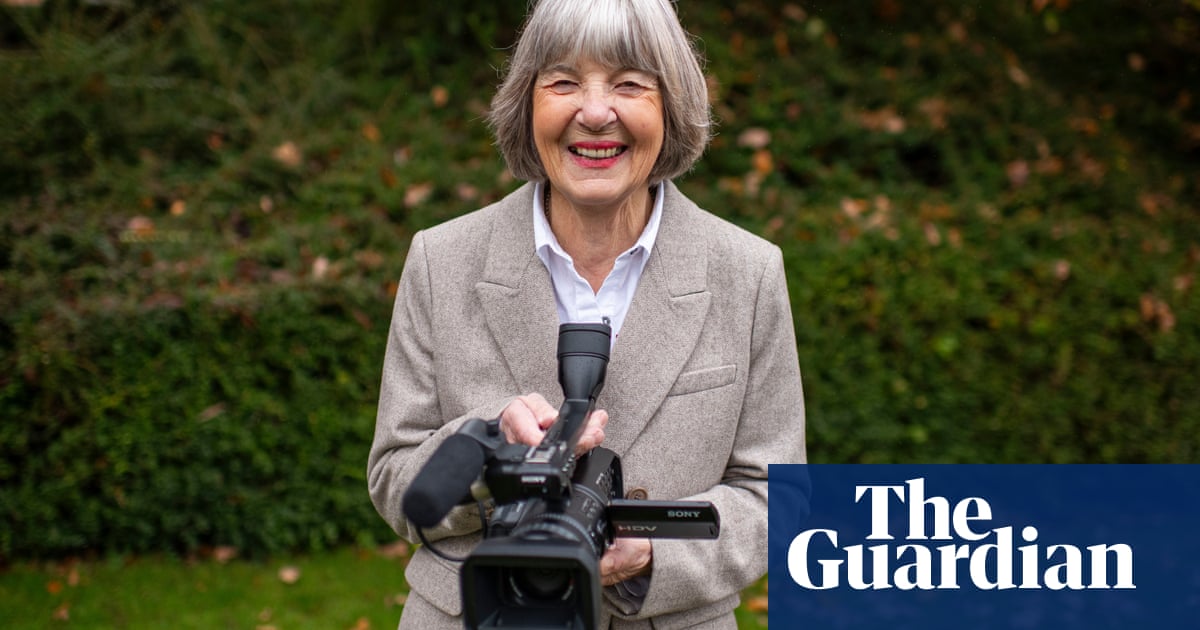Frances Harper had never used a video camera before. But at the age of 60, lying in the bath, she heard a story that changed her life
One morning in 2007, Frances Harper was taking a bath and listening to the local news on BBC Radio Suffolk when one story caught her attention. A young woman, Louise, was being interviewed about her life as a sex worker in Ipswich. “I couldn’t see how this interview was helping her situation at all,” says Harper, who was 60 at the time. “I got out of the bath and made some notes. I realised she needed a documentary to tell her story properly and I thought perhaps I could try to make it.”
Harper had never owned a video camera and had no idea how to shoot a film. She had spent the past four decades working in secretarial jobs, as well as raising her son and supporting her husband in his construction business. “I was busy but something was always missing,” she says. “Something I could do for myself.”
Armed with a sudden sense of purpose and without a current job to keep her occupied, Harper rushed out to buy a basic camera, read the manual and began looking up ways to contact Louise. The police wouldn’t share her details, but after finding the name of her solicitor in the local paper, she left a letter with the firm to be passed on. “Soon after, Louise phoned me and we decided to meet in a cafe in Ipswich,” Harper says. “I told her I’d like to make a documentary to share her story and help her. She agreed, and that was my entry into an entirely new world.”



ANUSTART